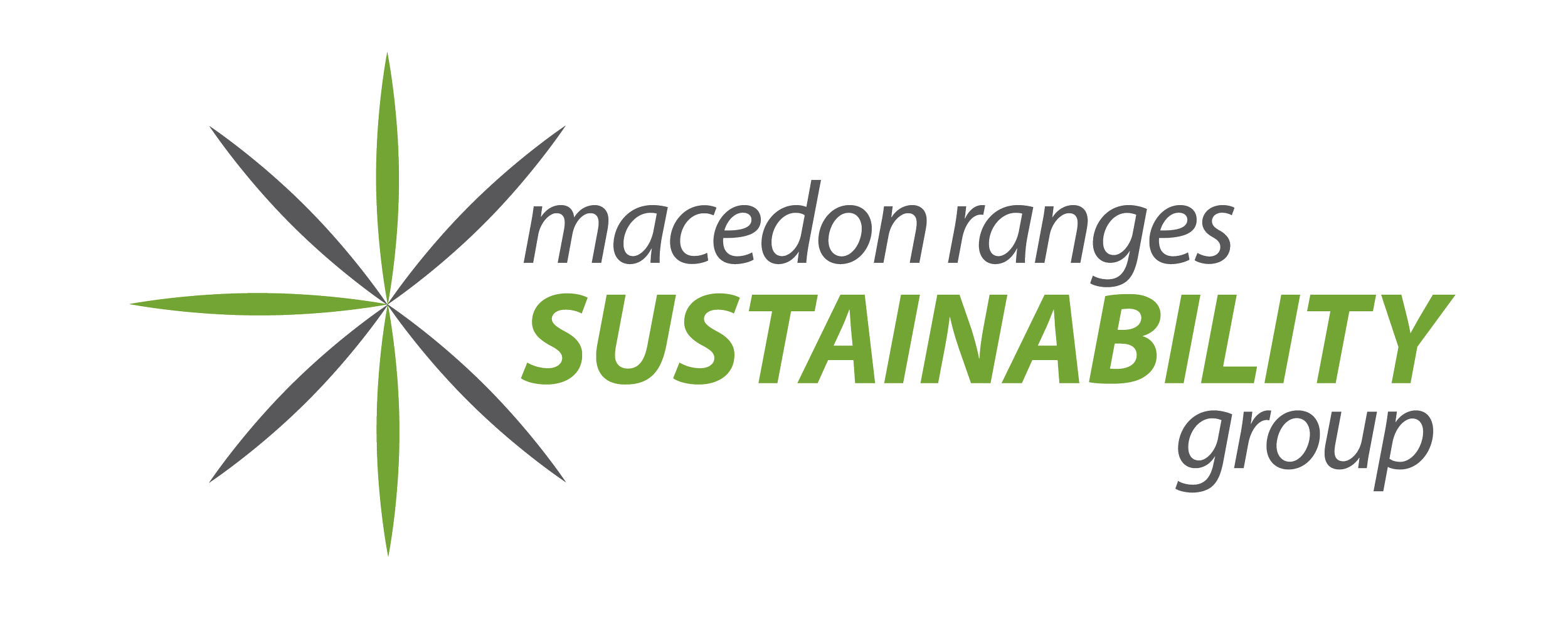Reasons to be Cheerful
Waste in a time of coronavirus is a strange thing.
Just weeks ago, our biggest problem seemed to be remembering which night was bin night. Doesn’t that feel like ancient history?
Despite the gob-smacking shake-up to “business as usual”, and the resulting shock, despair and horror that many are experiencing, we do have reasons to be cheerful when it comes to waste and recycling:
1. Thank goodness for FOGO:
Thankfully, our Council had the foresight and good timing to overhaul our waste collection before the pandemic hit, and this essential service remains in place to help us manage our waste as efficiently as possible while in lockdown.
2. The UN Environment Program backs waste management:
The UN urged governments around the world to treat waste collection as a vital essential service at this time. This means that even though other industries may be collapsing, slowing down or going into hibernation, waste management will continue to be a high priority around the world.
3. Single-use plastics are on the way out:
Yes, I know, it feels a bit as if single-use items are taking over as the world is swept up by the coronavirus, but the longer-term view is actually good: legislation is being introduced in South Australia, ACT and Queensland to ban single-use plastics such as straws, cutlery, stirrers, polystyrene cups, bowls and plates from 2021. Other states are following this with plans for CDS schemes and plastic bag bans (c’mon NSW – get with the program!).
4. APCO Targets Increased:
The Australia Packaging Covenant Organisation has produced a report which outlines steps to achieving the packaging targets set for 2025. The new upgraded target for recycled content is now an average of 50% for all packaging. You can read the report here: https://www.packagingcovenant.org.au/news/our-packaging-future-report-launches-to-outline-critical-steps-required-to-deliver-australias-2025-national-packaging-targets
Beyond the world of waste and recycling, it is important to note that there has been a huge upswing in people rallying to help each other, saving waste at the same time.
Neighbours are giving each other surplus food and staples, bringing new meaning to the sharing economy. Crafters and sewers around the world are using scrap material to sew face masks and scrubs for medical staff. While homemade masks will not stop you from catching the virus from other people, they are proving useful as a means of slowing the spread of the virus in the community. Medical scrubs are in short supply around the world, and virtual armies of sewers – both amateur and professional – are coming to the rescue.
This great slowing down of our previously hectic, consumption-driven lifestyle is giving many the opportunity to try new ways of living. The fact that vegetable seedlings and laying hens are the latest panic-buy item in Australia says a great deal about the rapid 180 degree turnaround people are making. Thriftiness was a great legacy of the Depression and the post-war years, and as the economy as we knew it vanishes, a new sense of what is valuable is coming to light. This moment in time is a fantastic opportunity for the circular economy to take root.
So, keep calm and remember your R’s:
Refuse, reduce, reuse, repurpose, repair, recycle and rot.
The time of corona will change us, let’s try and make it for the better.
